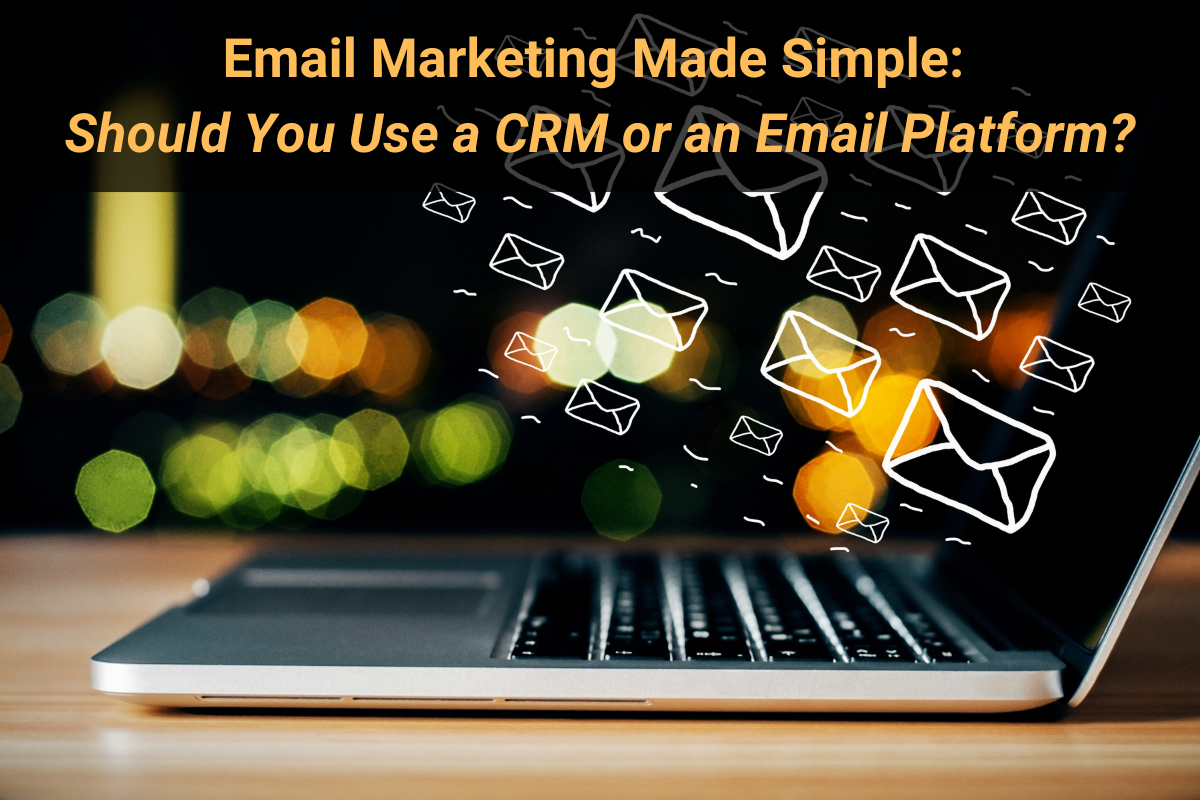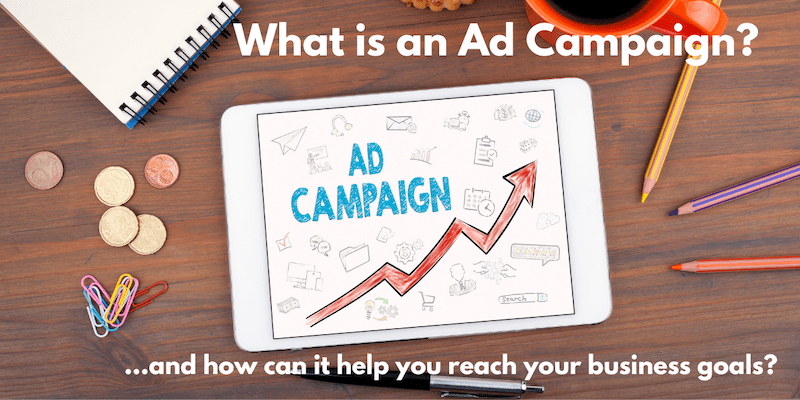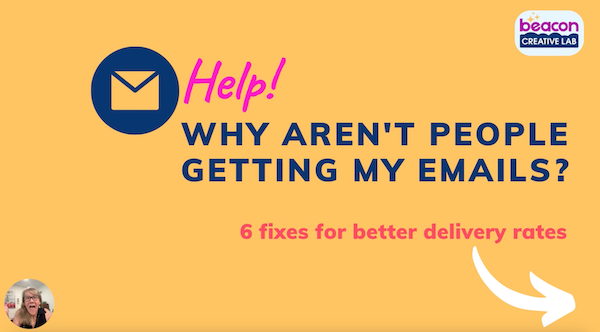Email Marketing Made Simple: Should You Use a CRM or an Email Platform?

The moment has arrived—you’ve finally decided you need to communicate with your customers or clients more effectively and efficiently. Congratulations! This is a huge step in customer retention and keeping your brand top of mind.
But now you’re faced with a dilemma: there are so many options for sending emails.
A quick Google search for “Best Software for Sending Email” will pull up countless recommendations, each claiming to be the best. You’ll also notice two different types of services: CRM (Customer Relationship Management) and Email Marketing Platforms.
So, what’s the difference, and which one is right for you?
Let’s break it down by looking at two business owners, Emily and Caroline.
Meet Emily and Caroline
Emily is a massage therapist who also offers meditation classes. Caroline runs a home renovation business with several employees who communicate regularly with her customers.
Both businesses provide services, but their needs are different. Emily’s massage business will likely benefit more from an Email Marketing Platform, while Caroline’s renovation business is better suited for a CRM.
CRM: A Central Hub for Customer Relationships
A CRM (Customer Relationship Management system) is a comprehensive platform designed to help businesses track leads, manage customer interactions, and streamline communication across teams. Some popular CRMs include HubSpot, Salesforce, and Zoho.
How Caroline Uses a CRM
Caroline’s business relies on managing multiple customer interactions throughout a renovation project’s lifecycle. She collects contact information through an interest form on her website, then moves leads through different stages: Consult → Quote → Contract → Building.
A CRM helps Caroline and her team:
- Track all communications (email, text, phone calls) in one place.
- Keep customer details and interactions visible to all team members.
- Automate follow-ups and task assignments.
- Generate reports for budgeting and forecasting.
Can a CRM Send Marketing Emails?
Yep! Many CRMs have built-in email marketing features, though they may not be as robust as dedicated email platforms. CRMs are powerful, but they often come with a learning curve and a higher price tag.
Email Marketing Platforms: Keeping Customers Engaged
Emily doesn’t need all the bells and whistles of a CRM. She simply wants to keep her clients informed about her meditation classes and massage specials.
An Email Marketing Platform like Mailchimp, Constant Contact, or MailerLite is a better fit because it focuses on:
- Sending newsletters and promotions.
- Designing branded emails easily.
- Segmenting contacts for targeted campaigns (e.g., only messaging clients interested in meditation classes).
Emily appreciates that her platform was intuitive and easy to use, whereas Caroline had to invest time in her CRM's tutorials to fully leverage its capabilities.
Why You Can’t Just Use Gmail
At some point, we’ve all tried sending a mass email from a personal Gmail or Outlook account. Unfortunately, these platforms are designed for one-on-one communication. Sending bulk emails this way can:
- Flag your email as spam,
- Violate email marketing laws,
- Even get your account shut down!
Legal compliance is required when sending marketing emails. CRMs and Email Marketing Platforms ensure you stay compliant with laws like:
- CAN-SPAM Act (U.S.) – Requires truthful subject lines, one-click unsubscribe, and a physical mailing address.
- GDPR (EU) – Requires consent to collect data and transparency on how data is used.
- CCPA (California) – Similar to GDPR, promoting good data privacy practices for all businesses.
Pros and Cons of CRMs vs. Email Marketing Platforms
CRM
✅ Comprehensive customer management
✅ Task automation and workflows
✅ Sales pipeline tracking
✅ Integrates with other business tools
✅ Shared communication for teams
❌ Higher cost
❌ Steeper learning curve
❌ Overkill for simple email needs
❌ Email features may be limited
Email Marketing Platform
✅ Easy to use
✅ Optimized for email campaigns and newsletters
✅ Budget-friendly
✅ Higher deliverability rates
✅ Great for list-building and lead generation
❌ Limited customer data management
❌ No in-depth sales tracking
❌ Doesn’t track phone calls or other communications
❌ May require switching to a CRM as business grows
So, Which One Is Right for You?
If you need full customer relationship management, automation, and team collaboration, go for a CRM (like Caroline). If your primary goal is sending newsletters and marketing emails, stick with an Email Marketing Platform (like Emily).
Whichever you choose, the important thing is taking that first step toward better communication with your customers. And that, my friend, is worth celebrating!
Need help developing your next email campaign?
Send us a message: https://beaconcreativelab.com/contact/




